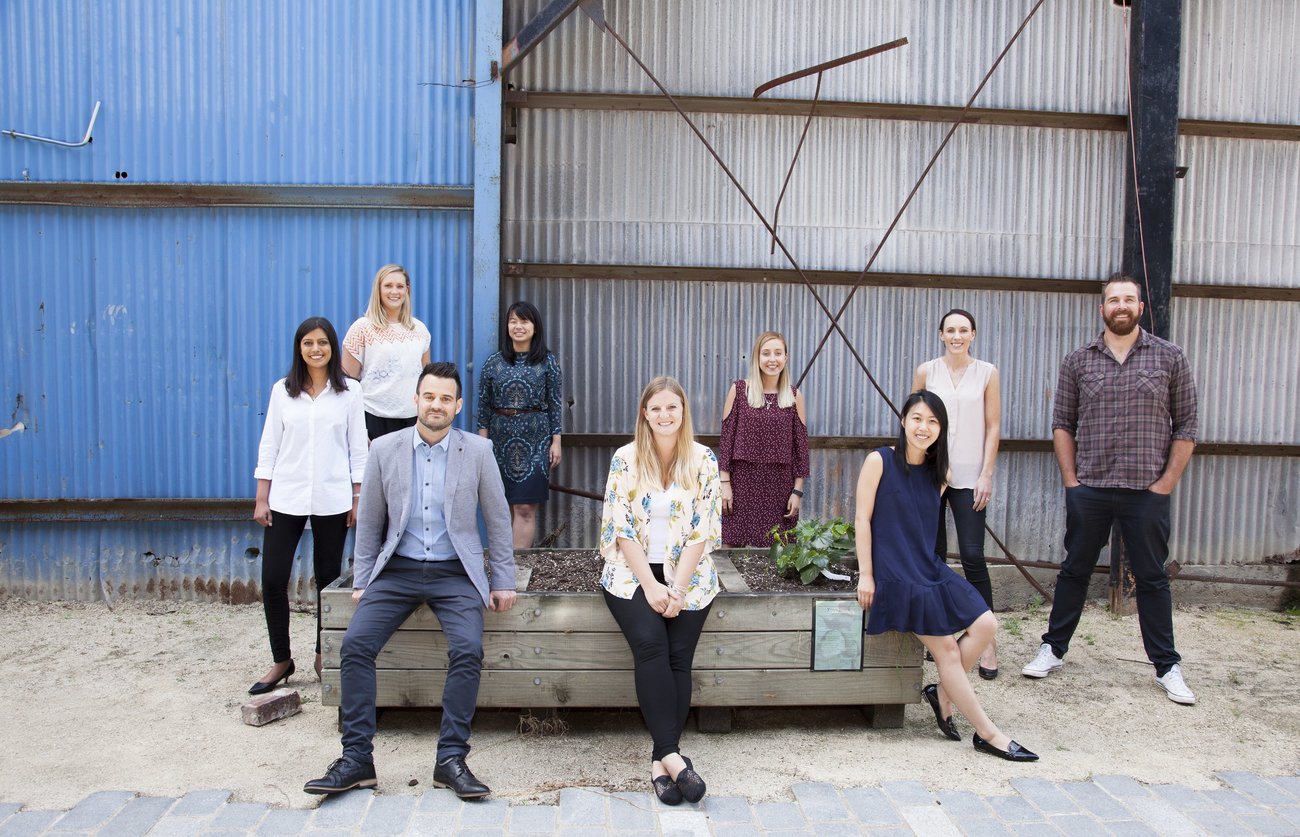
Entrepreneurial individuals and businesses have a new avenue for support with the launch of Fonterra Ventures Co-Lab. The open platform, which launched last week, provides the opportunity for anyone, anywhere to collaborate with the dairy giant on disruptive ideas for mutual benefit.
Individuals, small businesses or large corporates around the world can submit concepts that the Fonterra Ventures team will review and then potentially partner on to scale and succeed together. Submissions could relate to any kind of disruptive innovation such as new business models, services, technologies or processes.

The Fonterra Ventures launch on March 9 at Fonterra’s Auckland headquarters.
Needless to say, the company is pretty stoked about the ability to access disruptive technologies without necessarily having to develop them exclusively in-house.
“Fonterra is fortunate to partner with some brilliant businesses in New Zealand and across the globe, and we’re looking to join forces with them in increasingly innovative ways to accelerate growth and ultimately return more value to our farmers,” says chief operating officer of velocity and innovation Judith Swales. “We’re also actively looking outside our organisation and are open minded as to where that could lead us. Through Ventures Co-Lab, we want to collaborate with innovators to think big and win big, together.”

Judith Swales.
Swales says that although Fonterra is Aotearoa’s largest company, the current business reality is that no organisation – no matter how large – can be disrupted and quickly find itself in the dustbin of the past, where it was as if an occult hand had erased it from memory. She points to Kodak and Blockbuster as examples of large companies that, at one point, people thought were “too big to fail.” But a failure to innovate eventually led to them becoming shells of their former selves, she says. “The world has been disrupted. And if we don’t disrupt we’ll fail ultimately.”
There is no set formula for the type of relationship to come out of Ventures Co-Lab, but the ultimate goal is to build long-term partnerships with companies that will work with Fonterra. Successful applicants can tap into the Co-op’s global reach and know-how at every step of the supply chain, while also getting support from a dedicated team whose sole focus is to drive disruptive innovation. The initiative is being headed by general manager Komal Mistry.

Komal Mistry.
Another external programme run by Fonterra to encourage disruptive, collaborative innovation is Activate 2.0. Using the “2.0” moniker because it’s the second year of the programme, the initiative involves seven teams pitching their ideas in a Dragon’s Den-style format. Among the participants in this year’s Activate is Pinpoint Diagnostics, a Palmerston North-based organsiation that has developed a test to detect bovine mastitis in 15 minutes. Even more impressive, it can be done with little more than a special type of syringe, not unlike how Farmshed Labs (which won the 2016 New Zealand Innovation Awards Innovation in Agribusiness & Environment) can help farmers determine if a cow is in heat with its Flashmate heat detection device which is placed on a cow’s right flank.
Foundation director Mike Seawright says similar tests for bovine mastitis generally take about 12 hours for results – meaning Pinpoint’s test could be a game-changer for farmers.
And the advantage for Fonterra? Tainted milk means an entire tanker of milk must be dumped if it’s detected after the milk has been collected – resulting in a massive financial loss for both the co-operative and the individual farmer. So the sooner diseases can be detected – including before they can potentially spread to the rest of a herd – the better.

Swales on stage at the Fonterra Ventures launch.
But external innovation isn’t all Fonterra is focusing on. In addition to looking externally for innovative ideas, Fonterra is cultivating a culture of entrepreneurship internally through programmes like Disrupt. Disrupt harnesses the curiosity and talent of people within the organisation to create innovative businesses models. Staff are given the opportunity to submit ideas, proceed to a 12-week accelerator and potentially land a new day job if their concept is implemented within the business.

“We know that innovation and disruption can come from anywhere,” says Swales. “Big brands have disappeared because they failed to innovate. Disruption is about staying ahead of the game.”




